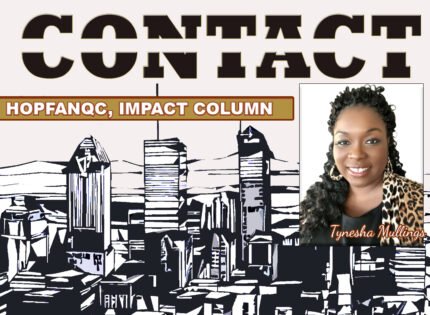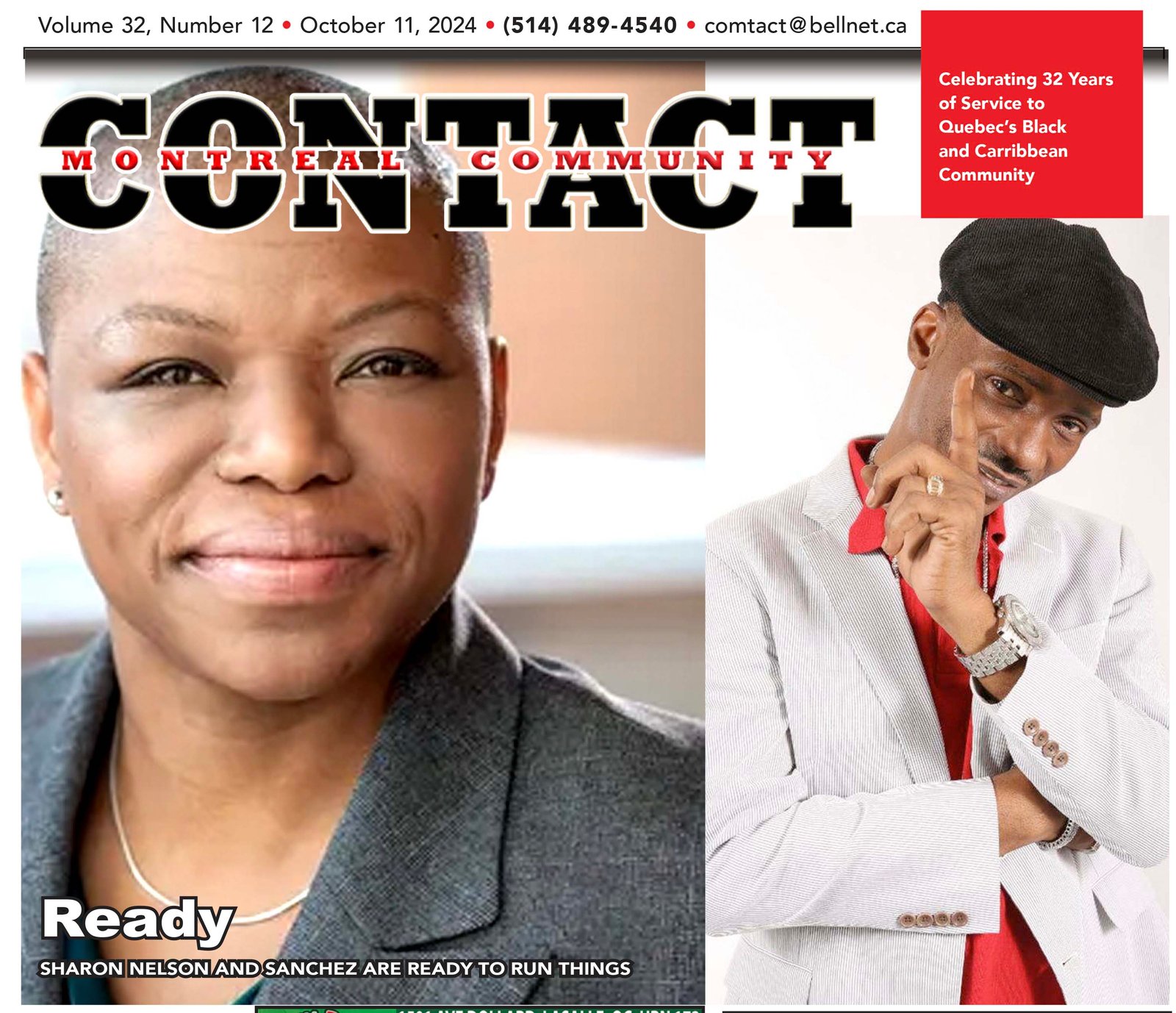Africa is the world’s bitch and its leaders are the pimps. She’s also “the richest continent on the planet with the poorest people on the planet…” Just because a rotten crop of post-colonial leaders have helped to stagnate the continent, but all bad things will end.Novel Thomas

So here’s the rest…
Notwithstanding the continual bad news stories coming out of Africa, I continue to believe that the underlying conditions that give rise to them will inevitably end. How do I know that? I see and hear ongoing evidence of that emanating from corporate media.
From my perspective, what once was the norm on the continent is gradually becoming an aberration as Africans increasingly evolve, mustering the courage to shed the twenty-first shackles placed on them by a series of post-colonial, essentially pseudo-political men leading governments that, once their reign of corruption has ended, leave nothing noteworthy/notable in their political aftermath for their successors to emulate.
But young and ambitious Africans are determined generations are forcing change, demanding a different future where they can realize dreams, not the least of which is democracy and social stability (as we’ve come to understand it, and for whatever it’s worth in those parts of the western world where we live, and democracy as we know it) to flourish.
From my vantage point in this part of the world – TV news (magazines, documentaries, etc.) – it’s what Africans, especially youth, are yearning… After all, they too are electronically/technologically ‘connected’ to the rest of the world so they see images of what they aspire to be, if propitious conditions were to prevail. But dreams, hopes and aspirations remain indefinitely deferred as a result of systematic practices that prevail in many African countries, thanks to politicians and their seemingly inherent penchant for siphoning state money.
Another recent BBC news story highlighted former South African president Jacob Zuma who faces numerous charges, including fraud, racketeering, money laundering and corruption. Naturally, he dismissed the charges as propaganda.
This reaction captures the feelings of deprived, frustrated have-nots, many of whom have had it with politicians: “[…] villagers do not have access to electricity or running water… his lifestyle shows opulence on a grand scale… constituting an island in a sea of poverty and paucity of public infrastructure…”]
Zuma’s is typical African political practice, one of the reasons why the continent – visible signs of progress/development in certain countries notwithstanding – is on a slow, arduous trek into the 21st century, much to the chagrin of progressive people who yearn to be free of the post-colonial shackles imposed by (some) leaders whose interests are first and foremost, as an old timer with whom I had regular conversations on worldly issues, would always say in his criticisms of Black politicians (and our local would be Black politicians), “It’s me, my family and friends…”
Understanding the laundry list of issues hampering more rapid progressive movement on the African continent, Cyril Ramaphosa, the recently elected president of South Africa, didn’t spare African leaders in his recent inauguration. In his tacit criticism of them and their political practices, not the least of whom was Jacob Zuma himself (“In recent times, our people have watched as some of those in whom they had invested their trust have surrendered to the temptation of power and riches,” he said.
And others of his ilk, such as the recently deposed dictator of Sudan, Omar al-Bashir who reigned for 30 years, until the people, particularly young ones, took to the streets demanding his resignation. He had stashed away millions… for personal use?
And then there’s Algeria’s Abdelaziz Bouteflika, 82, who was in power for 20 years, and despite obvious failing health was seeking a fifth term until people, especially young ones, supported by the powerful Algerian army, took to the streets in daily protests, propelled by chants of “Bury him, don’t elect him,” demanding his resignation.
In his pointed remarks: “In recent times, our people (and I would say he was talking to all African leaders) have watched as some of those in whom they had invested their trust have surrendered to the temptation of power and riches,” he said. And he is right.
He then went on speak to African people in general, offering words of hope, using a considerable part of it, a clarion call to all African countries to unite to achieve development on the continent.
“Africa is poised once again to rise, to assume its place among the free and equal nations of the world,” he said.
That’s something to ponder.














